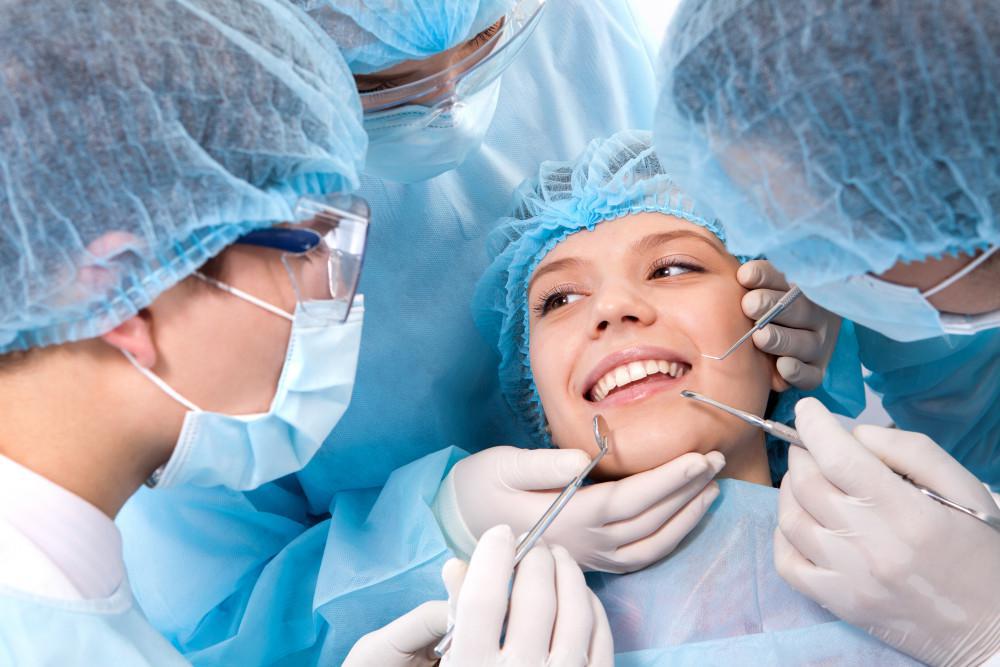When you have oral surgery, a dentist will perform procedures on your teeth, gums, or jaw. The process of getting ready for oral surgery at Santa Monica Center for Oral Surgery & Dental Implants can bring on feelings of both anxiety and excitement. Anxiety may be reduced by being ready for whatever may come and be aware of what to expect.
Patients who are better prepared for the time immediately following oral surgery recover more quickly.
Preparation For Oral Surgery
Even though your surgeon will supply you with the majority of the information you want, you should still consider doing some independent investigation.
Consultation
Oral surgery often starts with a consultation, unless the patient is experiencing an emergency. During the consultation, the physician will review your medical history, discuss the surgery with you, and advise you on which medications to avoid taking before the operation.
Talk to your physician about the many options for the procedure and the anesthesia. Write down your questions before your consultation.
Transport
The majority of oral treatments may be done as outpatient procedures, which means that you will be discharged soon after. Because of the aftereffects of the anesthetic, you shouldn’t drive yourself home.
After surgery, it’s also good to have someone stay with you. This individual can keep an eye on you, make a phone call to the doctor if there are any issues, as well as care for children and pets.
Following surgery, you will require pain medication as well as antibiotics. You are going to want to make arrangements for someone else to pick these up before you get back to your house so that they are available for you when you require them.
What Should I Put On?
During the procedure, you should dress in old, loose clothes that are comfortable. Please refrain from wearing any form of cosmetics, jewelry, or contact lenses. You might also want to carry some lip balm with you so that your chapped lips can be soothed after the surgery.
Medications
The surgeon may request that you cease using any blood-thinning drugs a few weeks before the procedure. These drugs, which include aspirin, have the potential to lengthen the process of getting well. To ensure that their patients are as comfortable as possible during surgery, some medical professionals begin antibiotic and pain medication administration before the procedure.
Advice On Getting Well
Take it easy and avoid any rigorous activity in the days following your operation. Sleep with your head elevated for at least a few days. Take it easy and avoid any intense activity in the days following your surgery.
Apply a cold compress to the affected area to reduce swelling and discomfort. Beginning 24 hours following surgery, you should be able to rinse your mouth with lukewarm salt water. Continue to brush and floss your teeth as you normally would.
What Can You Expect During The Recuperation Process?
Patients who have had oral surgery have a very good chance of making a full recovery. After about two days, the discomfort and swelling should begin to subside. Get in touch with the surgeon if you are still experiencing pain despite the analgesics that were given to you or if you are bleeding heavily. Call them if you are experiencing any of the following symptoms of an infection: nausea, vomiting, headaches, aches, and pains in the muscles.
Taking Into Account The Amount Of Time Needed For Surgery And Recovery
The duration of oral surgery is variable depending on the condition being treated. In most cases, the extraction of wisdom teeth takes less than two hours, however, the process of getting a dental implant might take many months and involve numerous steps.
Oral surgeries that are performed in one sitting, such as the removal of wisdom teeth or root canal treatment, typically need a recovery time of around two weeks. Surgery on the jaw can take up to five hours, and the recovery time can range from one to one and a half months after the procedure.

